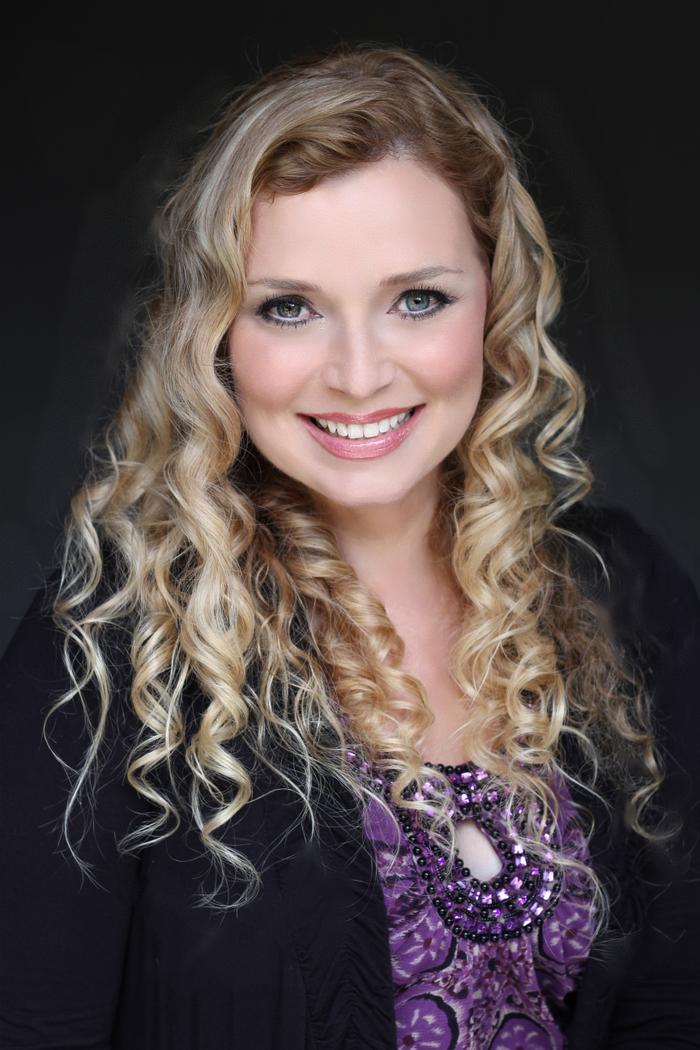Millions of New Genealogy Records Online for Norway & Europe
The UK ‘genealogy giant’ Findmypast has made exciting new updates to their records this week! They’ve announced over 100 million new European records are now available online, and this week highlights their extensive collection for Norway. Also new this week are genealogy records for Staffordshire, England; Queensland, Australia; and Ontario, Canada.
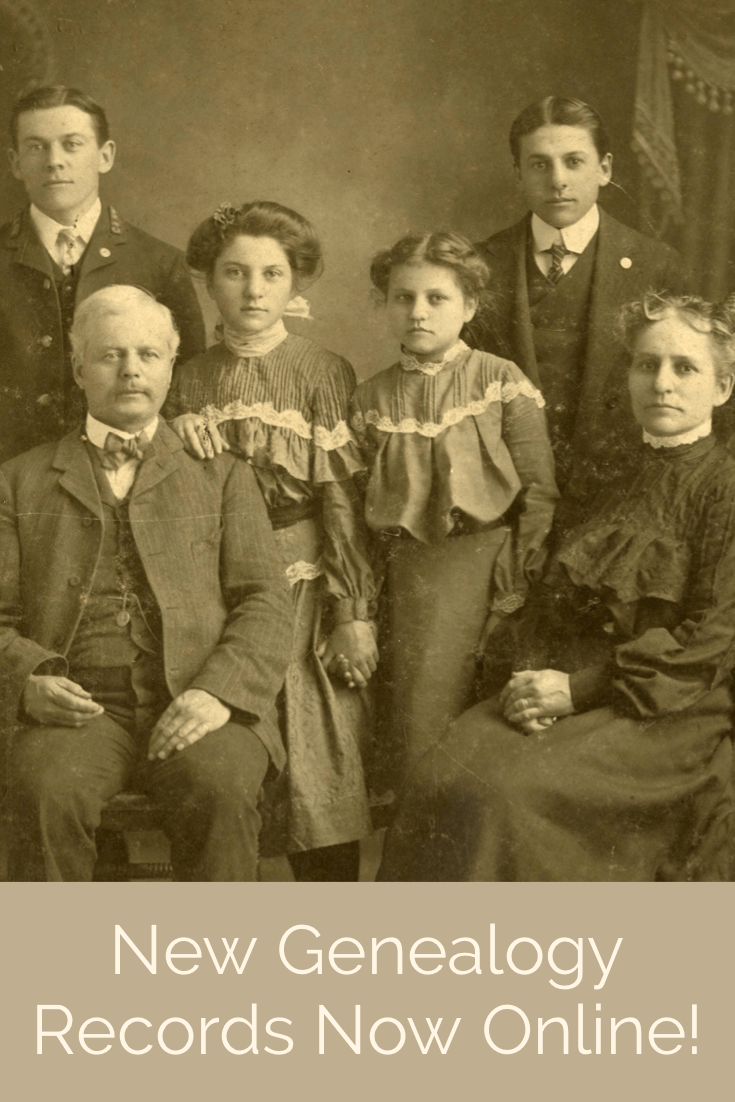
New European Records Online: Norway Featured
Findmypast recently announced their addition of over 100 million new European records now online. “Over 114 million new European births, baptisms, marriages, banns, deaths and burials are now available to search and explore on Findmypast. The new additions consist of transcripts sourced from the International Genealogical Index, a database compiled from a variety of sources from around the world.
Featured from this huge addition are three new indexes containing over 9.1 million Norwegian baptisms, marriages and burials are now available to search as part of our new collection of European records. These new collections span nearly 300 years of Norwegian history (1634 to 1927) and will generate new hints against your Findmypast family tree.
Anyone with ancestors from Norway has probably tapped into the National Archives of Norway’s Digital Archive. It’s one of the shining stars on the Internet that offer rays of research hope for those with Norwegian heritage. That’s why I was thrilled to be able to interview Yngve Nedreb, the Chief archivist at Riksarkivet (National Archives of Norway) for the Family Tree Magazine Podcast. In fact, I published an extended version of that interview in episode #161 of The Genealogy Gems Podcast. This is a “must hear” for those with Norwegian heritage! Click below to listen right now:
Lisa’s special guest: Yngve Nedrebø, Chief Archivist at Riksarkivet. http://www.arkivverket.no/eng/Digitalarkivet
Staffordshire, England Vital Records
Another brand new genealogy records collection online is over at Ancestry.com. The Staffordshire, England, Birth, Marriage and Death Indexes, 1837-2017 collection comprises indexes of civil registrations from Staffordshire, excluding the City of Stoke-on-Trent, reported quarterly to the General Register Office (GRO) in London.
- Name
- Maiden name of mother
- Date of event
- Death Age
- Place of Marriage
- Gender
- Registration district (each county in England and Wales was divided up into registration districts; jurisdictions are organized and appear as they existed at the time the record was created)
- Reference
Queensland, Australia
Also new at Ancestry is the Queensland, Australia, Licensed Victuallers Index, 1900-1903. The names of holders of victuallers’ licenses (publicans) were printed in the Queensland Government Gazette from 1900 to 1914 on an annual basis. This index covers the period from 1900 to 1903 and includes names, districts, and hotel names.
More about licensed victuallers from Wikipedia: “In the United Kingdom the owner and/or manager of a pub (public house) is usually called the “landlord/landlady”, and often, strictly incorrectly, “publican”, the latter properly the appellation of a Roman public contractor or tax farmer. In more formal situations, the term used is licensed victualler or simply “licensee”.[9] A female landlord can be called either a landlady or simply landlord.”
Ontario, Canada Insurance Policy Applications
Findmypast has another new collection now available online. “Did your Canadian ancestor apply for life insurance with The Independent Order of Oddfellows (IOOF) between 1875 and 1929? The IOOF is one of the world’s oldest fraternal orders. These insurance records are a unique source for tracing your family history. You will find images of the original applications which include your ancestor’s medical history, family’s medical history, and a physical description. The applications are two pages long. Be sure to use the next arrow to move to the next image.
Click to search the Ontario, Oddfellows Life Insurance Applications.
Discover More with the Genealogy Giants
Here at Genealogy Gems, we’ve adopted the name ‘Genealogy Giants’ to refer to the 4 major genealogy records websites: Ancestry.com, Findmypast.com, MyHeritage.com, and FamilySearch.org. Each website has its own unique and distinct offerings, but there can also be a lot of overlap. So with hefty subscription price tags, the question we’re often asked is, “Which website subscription do I need?” To tackle this, Sunny Morton’s RootsTech class uncovers the secrets on how to compare these 4 giants so that you spend your time and money wisely. Watch the entire presentation for free below, and then grab a copy of the companion quick reference guide Genealogy Giants: Comparing the 4 Major websites.

Disclosure: This article contains affiliate links and Genealogy Gems will be compensated if you make a purchase after clicking on these links (at no additional cost to you). Thank you for supporting Genealogy Gems!
Why You Should Contact Your DNA Matches: “Now I’m Climbing a Whole Different Tree!”
Trying to contact your DNA matches can be frustrating when they don’t respond, but it’s still worth reaching out to them. This researcher’s example shows a good reason why.
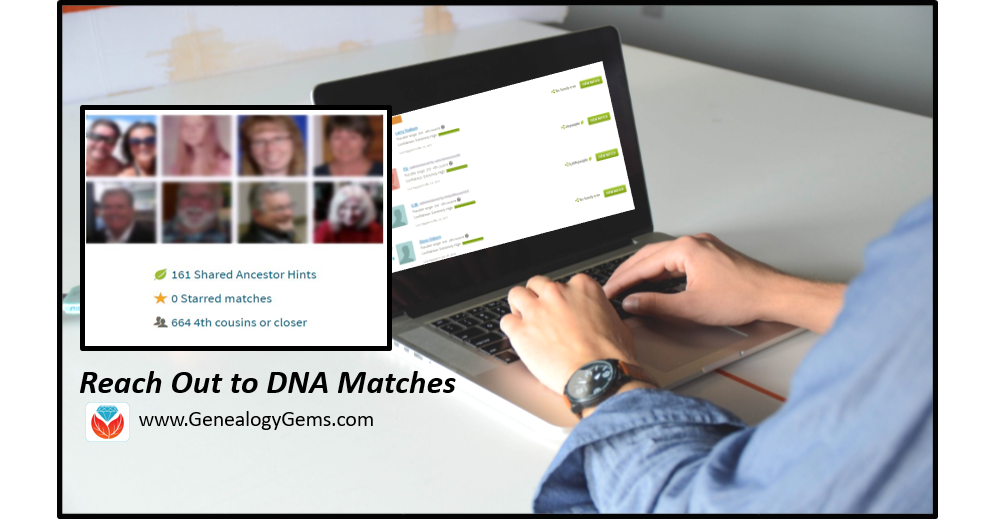
Contact Your DNA Matches
Recently, I heard from Genealogy Gems Premium website member Ruth*, whose DNA success story reminds me of the value of reaching out to DNA matches, even if the general response rate is low or slow. She says:
“I’ve been researching my family tree for over 20 years and sometimes it can get boring…because most of the lines are pretty much out as far as I can go and I’m now just working on brick walls! I love listening to your podcast because it motivates me to keep going!
Like many of your listeners, I have taken the autosomal DNA test. It has been an awesome tool helping me confirm family lines and sometimes finding new ones. However, I’m sure most of your readers know that for some reason a lot of those DNA matches and even tree owners in general, do not respond to emails or messages. It can be very frustrating, especially if it is one of those lines that you really could use some help on. The lack of response to inquiries sometimes makes me wonder if I should even try to make contact. Well, I want to tell your listeners, that yes it is worth it.
Recently, I was browsing trees and I came to a tree that listed my 3rd great-grandfather Daniel Cannon; however, this tree listed Daniel’s wife as Mary Ann Watkins and I had her as Mary Ann Cook! Well, I decided to contact the owner of that tree and explained I had Daniel’s wife as a Cook. The two of us started emailing back and forth and I found out this gentleman, whose last name is Watkins, had taken a DNA test and was in Ancestry.com’s database.
Sure enough, when I searched my mom’s matches I found him. Mr. Watkins shared the information he had [which was] an excerpt that listed the heirs of G. B. Watkins and Elizabeth Smith. On that list was Mary Ann Constable. From the census records, I knew that Mary Ann Cannon had married Thomas Constable after her husband had died. The marriage license for Mary Ann Cannon and Thomas Constable is no longer at the courthouse, but I was able to get a copy of the excerpt of the book it was recorded in. So now I’m climbing a whole different tree!
So, go ahead and reach out to those matches or those people who have trees with different information from you. You never know when you’ll find information and end up with a new line to research!”
Time to Maximize Your DNA Matches
 Our resident genetic genealogist, Your DNA Guide Diahan Southard, has written a series of 3 DNA quick guides to help you maximize your DNA testing experience:
Our resident genetic genealogist, Your DNA Guide Diahan Southard, has written a series of 3 DNA quick guides to help you maximize your DNA testing experience:
- Next Steps: Working with Your Autosomal DNA Matches
- Gedmatch: A Next Step for Your Autosomal DNA Test
- Organizing Your DNA Matches
This “value pack” can help you sort your matches more wisely, reach out to them in a positive way, and track your correspondence. Click here to read more about these guides and order your own. (Also available as digital downloads.)
Time to Test Your DNA Today
These companies all provide autosomal DNA testing, the most popular kind of DNA testing, and the kind Ruth used. Autosomal testing matches you to genetic relatives on both sides of your family tree to a depth of about 4-6 generations. Learn a little about each by clicking on the names below.
*Ruth’s letter was erroneously attributed to Liz when it was shared and discussed in Genealogy Gems Podcast episode 200. Sorry for the mix-up!
Mid-Atlantic and Southern Genealogy: Tips & Record Types
Researching your U.S. mid-Atlantic and Southern genealogy can be a challenge (ever heard of “burned counties?”). These top tips and key record types may help you bust your genealogy brick walls in these regions.Thanks to Robert Call of Legacy Tree Genealogists for...DNA Testing for Adoptees: Searching for Biological Roots
DNA testing for adoptees (and others with unknown parentage) isn’t a last resort–use it along with other strategies to discover biological roots. Genetic genealogists CeCe Moore and Diahan Southard share five tips for getting started.
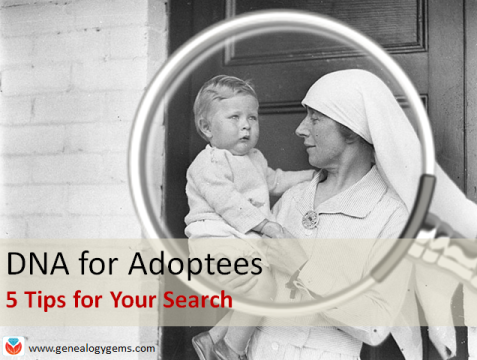
Not long ago, I chatted with genetic genealogist CeCe Moore of The DNA Detectives about using DNA testing for adoptees. Here I summarize some tips she shared, along with some perspectives of my own and resources that can help your search for biological relatives.
Click here to listen to our chat:
DNA testing for adoptees: 5 tips
1. Start with available records. A lot of people of people are coming straight to DNA testing now without looking at any available records first. Adoptees should start by looking at state laws and seeing if they can get access to original birth certificates. Click here to read about access to adoption records (U.S.).
 2. Take an autosomal DNA test. This test looks at both sides of a person’s biological family, mom and dad. Most people start by testing at AncestryDNA because it has the largest database of potential matches (over 4 million now!). If you don’t find a close match (at least a second cousin), you will want to transfer to both Family Tree DNA and MyHeritage for FREE to expand your search radius. Males with unknown paternity should also take a YDNA test (at least at the 37-marker level) from Family Tree DNA.
2. Take an autosomal DNA test. This test looks at both sides of a person’s biological family, mom and dad. Most people start by testing at AncestryDNA because it has the largest database of potential matches (over 4 million now!). If you don’t find a close match (at least a second cousin), you will want to transfer to both Family Tree DNA and MyHeritage for FREE to expand your search radius. Males with unknown paternity should also take a YDNA test (at least at the 37-marker level) from Family Tree DNA.
3. Do your own adoption search. Sure, you can hire someone to help. But you should be invested in your own search when possible. You’ll likely get a much greater satisfaction out of it.
As with any kind of search you are doing for people who may still be living, proceed with care and try to keep your search as private as possible. Try first to contact the people who are most likely to know about you already, including your parents and grandparents. If you do discover a biological family buy ed medication member who may not know about you, please carefully consider the impact you may have on their lives by revealing information you have learned.
4. Become educated. Learn all the strategies you can for researching your biological roots. Read and read! Keep learning! The DNA Detectives Facebook group is about self-education, with members helping members work their own cases without a professional having to work each one. (You can also check out The DNA Detectives website.)
5. Keep your expectations flexible. CeCe Moore says, “The end result of an adoption search is positive most of the time. There are some stories where contact has been rejected by a birth relative, but they are in the minority. A positive outcome doesn’t necessarily mean a connection ora loving relationship with a birth parent, but perhaps with a birth sibling or cousin.”
Finally, I want to share this powerful statement from CeCe Moore on adoptee rights:
“I believe everyone has an equal right to learn about their heritage. There’s a whole class of people denied the joyful experience of building their biological family trees. Everyone deserves that knowledge. That doesn’t mean the birth family has to have a relationship. There’s a difference between knowing your heritage and having a relationship with the birth family. The adoptee deserves the knowledge of their origins.
But you can’t legislate a person to have a relationship with another person!”
Get the most from your DNA testing experience with my series of DNA quick guides, updated for 2018! Topics include:
- Autosomal DNA for the Genealogist
- Y Chromosome DNA for the Genealogist
- Mitochondrial DNA for the Genealogist
- AncestryDNA, 2nd Edition
- Family Finder at Family Tree DNA
- 23andMe
- MyHeritage DNA New for 2018!
- Breaking Down Brick Walls with DNA New for 2018!
- Organizing Your DNA Matches, 2nd Edition
- Gedmatch: A Next Step For Your Autosomal DNA Test
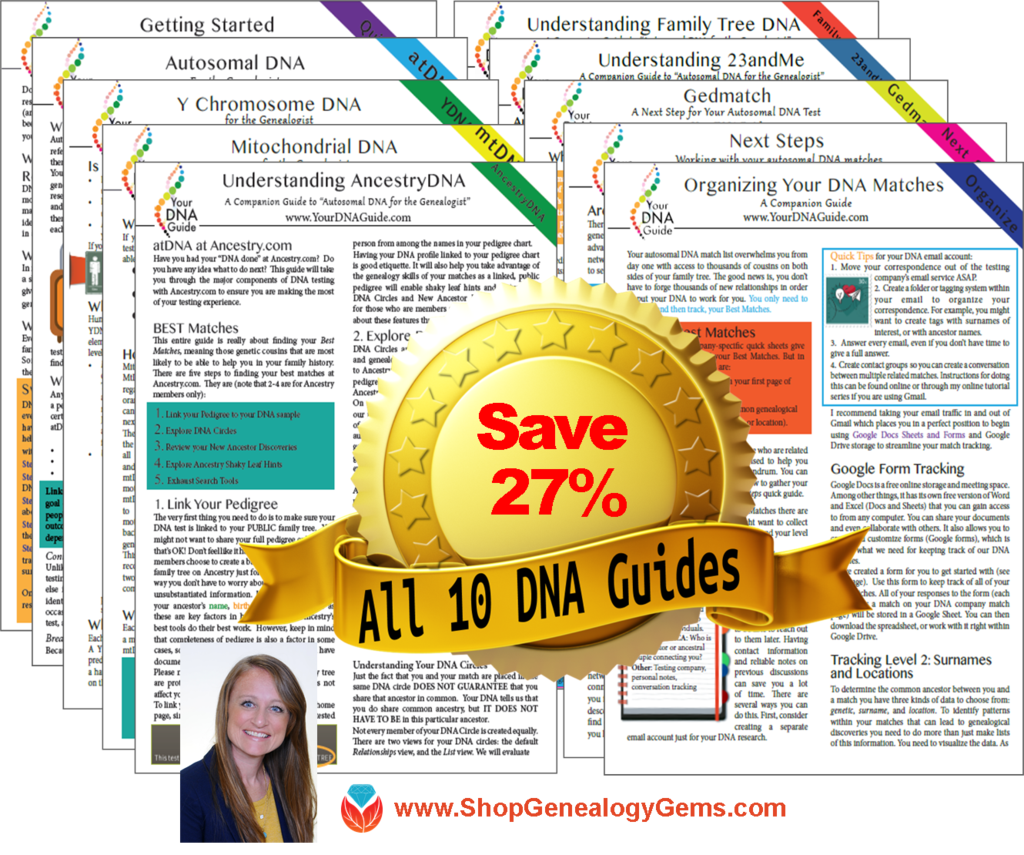
BEST VALUE: Save 27% when you grab the whole bundle!

